How to Choose a Finished Vehicle Logistics Company: Guide for Auto Dealers
In today's competitive automotive market, dealerships face increasing pressure to diversify inventory and access global vehicle sources. Selecting the right finished vehicle logistics partner can mean the difference between seamless international operations and costly delays, damage, or compliance issues. For auto dealers venturing into international vehicle sourcing, understanding how to evaluate and select a qualified logistics provider is essential for business success.
This comprehensive guide explores the critical factors dealers should consider when choosing a finished vehicle logistics company, from specialized expertise and facility infrastructure to service offerings and technology solutions.
Understanding Finished Vehicle Logistics
Finished vehicle logistics encompasses the specialized processes involved in transporting fully assembled vehicles from manufacturing facilities or acquisition points to their final destinations. Unlike general freight, vehicles require specialized handling, equipment, and expertise throughout the transportation journey.
For auto dealers, effective finished vehicle logistics ensures that inventory arrives in perfect condition, on schedule, and with minimal complications. The right logistics partner becomes an extension of your business, protecting your valuable inventory while streamlining the complex process of international vehicle movement.
Key Evaluation Criteria for Logistics Partners
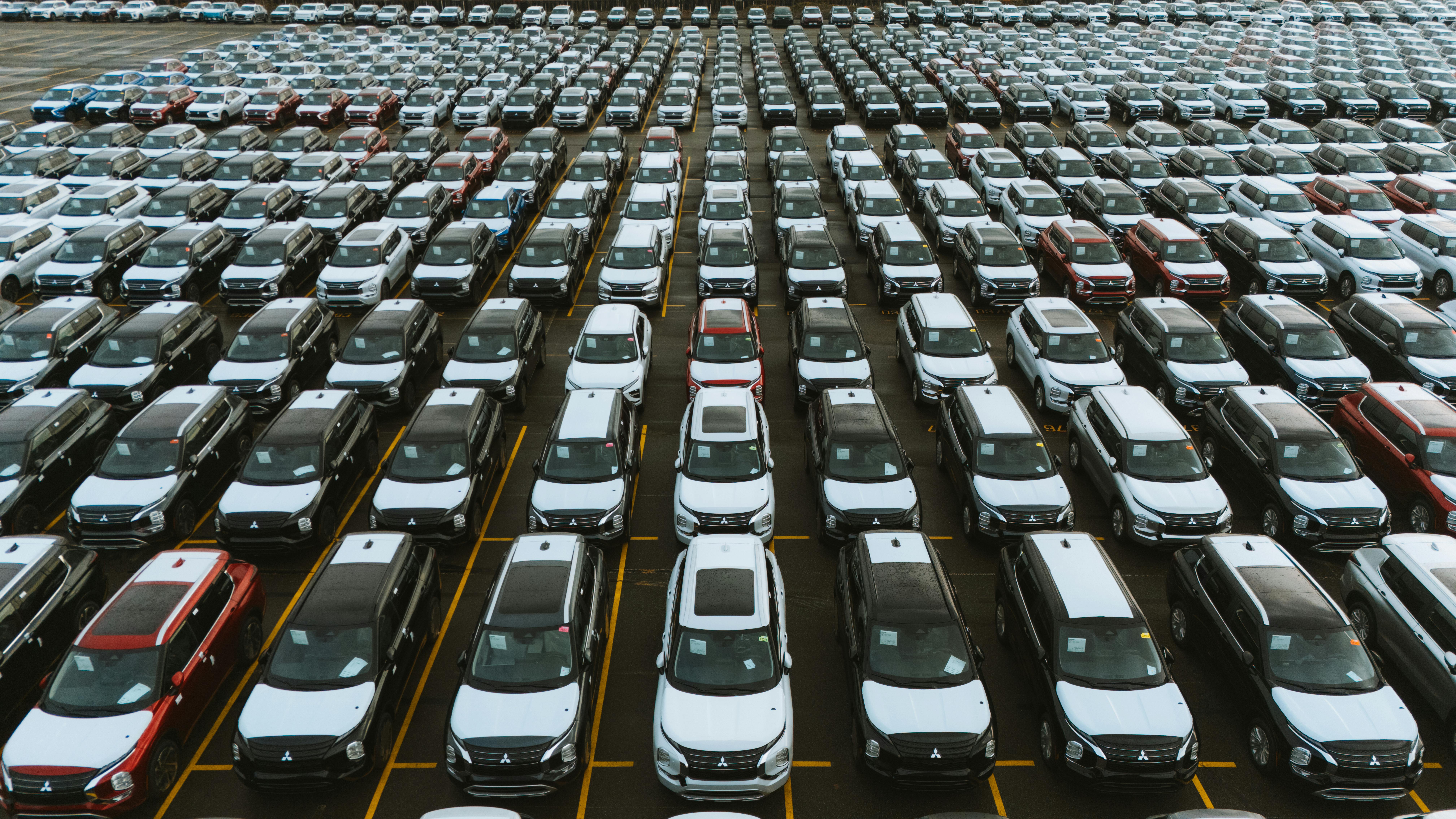
Specialized Automotive Expertise
When evaluating potential logistics partners, automotive-specific expertise should top your priority list. Unlike general freight forwarders who handle diverse cargo types, specialized vehicle logistics companies focus exclusively on the unique requirements of automotive transportation.
Look for providers with:
- Automotive-Exclusive Focus: Companies dedicated solely to vehicle transportation demonstrate deeper understanding of the specific challenges and requirements involved in moving cars safely.
- Vehicle Type Experience: Ensure the provider has experience handling your specific inventory types, whether standard passenger vehicles, luxury models, classics, or specialty vehicles.
- Technical Knowledge: Staff should understand vehicle mechanics, proper securing methods, and how to prevent damage during transport.
- Industry Longevity: Companies with 5+ years in automotive logistics have likely developed refined processes and overcome various logistical challenges.
West Coast Shipping has established itself as an industry leader through its exclusive focus on vehicle transportation, with specialized knowledge of handling requirements for standard, luxury, classic, and exotic cars. Their highly skilled team has experience with diverse vehicle types including race cars, collector cars, project cars, and specialty vehicles.
Facility Infrastructure and Security
The quality and security of a logistics provider's physical infrastructure directly impacts your vehicles' safety throughout the shipping process. Secure facilities with appropriate equipment and storage options are essential for protecting your inventory investment.
When assessing infrastructure, consider:
- Warehouse Ownership: Company-owned facilities provide greater control over security, handling procedures, and quality standards compared to third-party warehouses.
- Storage Capacity: Sufficient indoor and outdoor storage space ensures vehicles can be properly protected while awaiting shipment or delivery.
- Security Systems: Look for 24/7 surveillance, controlled access, and comprehensive security protocols.
- Bonded Status: Customs-bonded warehouses allow for storage of vehicles that haven't cleared customs, providing flexibility for international operations.
- Geographic Coverage: Strategic facility locations near major ports and transportation hubs can reduce inland transportation costs and transit times.
West Coast Shipping maintains privately-owned secure warehouses strategically located in California, Florida, and New Jersey, offering over 230,000 sq. ft. of indoor and 710,000 sq. ft. of secured outdoor storage. This substantial capacity ensures vehicles remain protected while awaiting transport, with facilities positioned near major ports on both coasts for efficient international shipping.
Transportation Methods and Options
Different vehicles and business needs require different transportation methods. The best logistics partners offer multiple shipping options to accommodate various requirements and budgets.
Evaluate providers based on their ability to offer:
Container Shipping
Container shipping provides maximum protection for vehicles during international transit. Vehicles are carefully loaded and secured inside standard shipping containers, protecting them from exposure to elements, potential theft, and handling damage.
Container options should include:
Dedicated Containers: Entire containers reserved for a single dealer's vehicles
Consolidated Containers: Cost-effective shared container space for dealers with lower volume needs
Roll-on/Roll-off (RoRo) Shipping
For operational vehicles where cost efficiency is prioritized over maximum protection, RoRo shipping offers an economical alternative. This method involves driving vehicles directly onto specialized vessels designed with multiple decks for vehicle transport.
RoRo is typically suitable for:
-
Standard production vehicles
-
Lower-value inventory
-
High-volume shipments
-
Vehicles in operational condition
Air Freight
For luxury dealerships or time-sensitive inventory needs, air freight provides the fastest transit times. While significantly more expensive than sea transport, air freight reduces transit time from weeks to mere days—a critical advantage for high-value inventory or urgent market demands.
A comprehensive logistics partner should offer all these options, providing flexibility to match transportation methods with specific inventory requirements and business needs.
Documentation and Customs Expertise
International vehicle logistics involves complex documentation requirements and customs regulations that vary by country. Inexperienced providers can cause costly delays, penalties, or even vehicle seizures due to improper documentation.
Look for logistics partners with:
- Customs Clearance Expertise: In-house knowledge of import/export requirements for your target markets
- Documentation Management Systems: Organized processes for handling the extensive paperwork required
- Regulatory Compliance Knowledge: Understanding of vehicle-specific import restrictions and requirements
- Duty and Tax Calculation: Accurate forecasting of landed costs including all applicable fees
- Problem Resolution Experience: Track record of successfully navigating customs challenges
Experienced providers like West Coast Shipping maintain current knowledge of these complex regulations across major global markets, helping automotive businesses accurately forecast landed costs and avoid unexpected charges or compliance issues.
Technology and Visibility Solutions
In today's digital environment, technology capabilities significantly impact logistics efficiency and customer experience. Modern finished vehicle logistics leverages advanced technology to provide dealerships with complete visibility throughout the transportation process.
Evaluate potential partners based on their technology offerings:
- Real-Time Tracking: VIN-level tracking capabilities that show vehicle location and status
- Automated Notifications: Proactive updates about shipment milestones and exceptions
- Documentation Access: Digital platforms for accessing and managing shipping documents
- Inventory Management: Systems that integrate with dealer inventory platforms
- Communication Tools: Multiple channels for status updates and inquiries
These technological solutions enable dealerships to prepare for incoming inventory, inform customers about vehicle status, optimize staffing and resources, and coordinate marketing and sales efforts.
Volume-Based Pricing and Flexibility
For dealers importing multiple vehicles, volume-based efficiencies can significantly reduce per-unit logistics costs. Look for providers offering:
- Tiered Pricing: Reduced rates for higher shipping volumes
- Consolidated Shipping: Options to combine multiple vehicles in shared containers
- Regular Service Schedules: Consistent departure and arrival timing
- Flexible Capacity: Ability to accommodate fluctuating volume needs
- Simplified Administration: Streamlined processes for repeat business
West Coast Shipping's wholesale program offers special rates to customers shipping 3 or more containers, providing substantial savings for dealerships with regular import or export needs.
Insurance Coverage and Claims Process
Even with the best precautions, transportation incidents can occur. Understanding a provider's insurance coverage and claims process is essential for protecting your inventory investment.
Assess potential partners based on:
- Insurance Types and Limits: Comprehensive coverage appropriate for vehicle values
- Deductibles and Exclusions: Clear understanding of what is and isn't covered
- Claims Process Efficiency: Straightforward procedures for reporting and resolving issues
- Documentation Requirements: Clear guidelines for condition reporting and damage claims
- Resolution Timeframes: Reasonable expectations for claim settlement
Reputable providers maintain appropriate insurance coverage and have established, transparent processes for addressing the rare instances when damage occurs.
Carrier Relationships and Network Strength
International vehicle logistics requires established relationships with carriers, ports, customs authorities, and processing facilities worldwide. Strong carrier relationships translate to better rates, more reliable space allocation, and priority handling.
Evaluate providers based on:
- Direct Carrier Contracts: Established relationships with major ocean and air carriers
- Global Partner Network: Connections with destination agents and service providers
- Port Relationships: Established processes at major shipping ports
- Service Frequency: Regular sailing or flight schedules to key destinations
- Capacity Guarantees: Ability to secure space during peak shipping periods
West Coast Shipping maintains direct contracts with ocean carriers and airlines, allowing them to secure reliable shipping space and competitive rates for dealer shipments.
In-House vs. Outsourced Operations
Many logistics providers outsource critical functions like vehicle handling, container loading, and customs documentation to third parties. This can introduce quality control issues and accountability gaps.
Consider the advantages of providers who maintain in-house control over key processes:
- Loading Expertise: Specialized teams trained in proper vehicle securing techniques
- Quality Control: Direct oversight of vehicle handling and preparation
- Accountability: Clear responsibility for vehicle condition throughout the process
- Consistent Standards: Uniform procedures across all shipments
- Problem Resolution: Direct authority to address issues immediately
Unlike many in the industry who outsource critical functions, West Coast Shipping maintains tight quality control by keeping expertise in-house, with dedicated teams handling vehicle processing, documentation, and loading.
Red Flags to Watch For
When evaluating potential finished vehicle logistics partners, be alert for warning signs that might indicate potential problems:
Suspiciously Low Pricing
While competitive pricing is important, quotes significantly below market rates often indicate corners being cut in critical areas like insurance, equipment quality, or carrier reliability. Remember that the cost of vehicle damage or delays far exceeds any initial savings from bargain-basement pricing.
Limited Track Record
The vehicle logistics industry requires substantial experience to navigate effectively. Companies with limited history may lack the established processes and relationships necessary for consistent performance. Look for providers with proven track records specifically in automotive logistics.
Poor Communication
If a provider is difficult to reach, slow to respond, or vague in answering questions during the evaluation process, these communication issues will likely persist throughout your working relationship. Clear, responsive communication is essential for successful logistics partnerships.
Lack of References
Reputable logistics providers should readily offer references from similar dealerships or automotive businesses. Hesitation to provide references may indicate customer satisfaction issues or limited experience in your specific market segment.
Inadequate Insurance
Some providers minimize costs by maintaining insufficient insurance coverage. Always verify that a potential partner carries appropriate insurance for the full value of your vehicles, with clear processes for claims if needed.
West Coast Shipping: A Case Study in Logistics Excellence
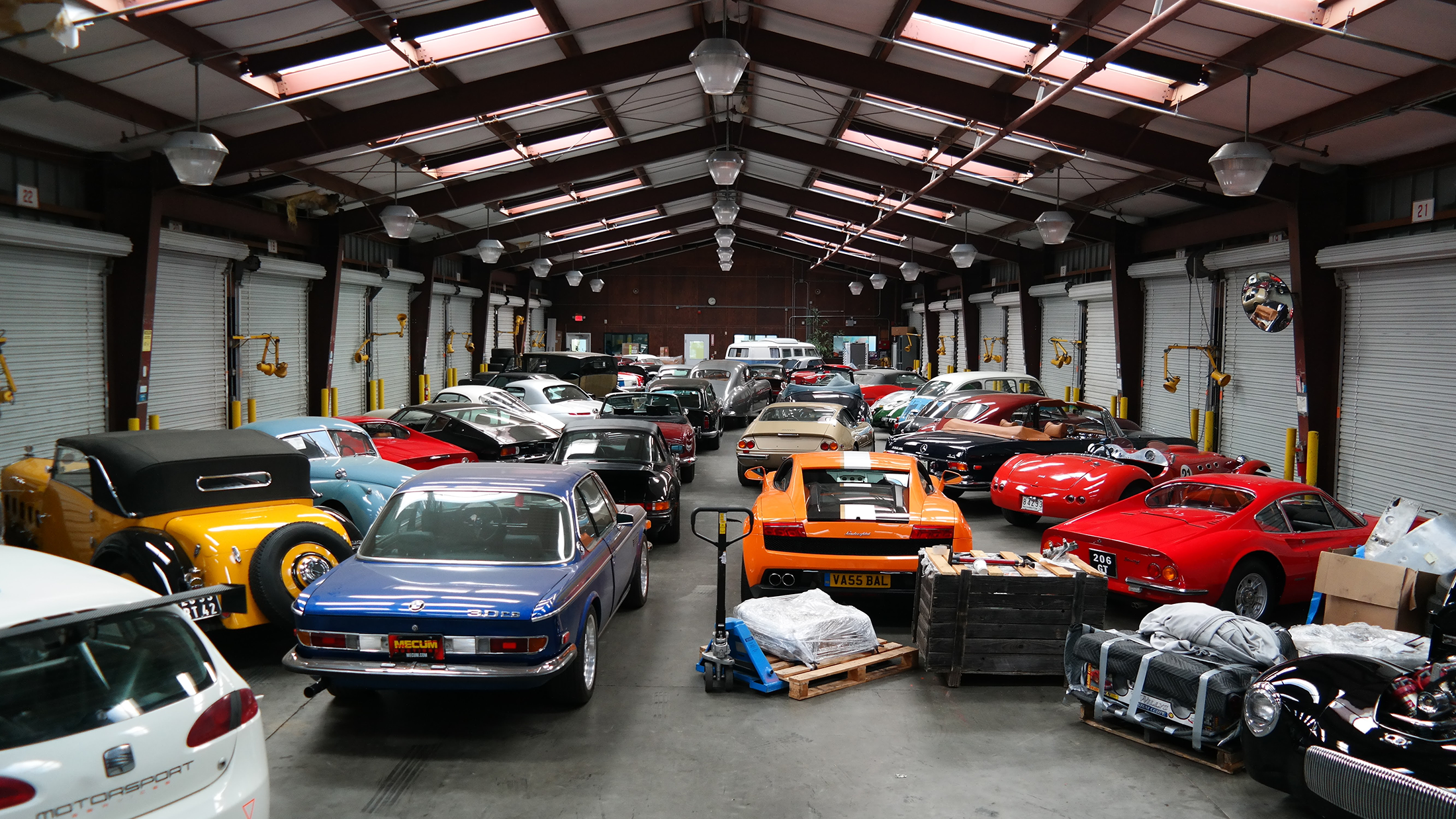
When evaluating finished vehicle logistics companies against these criteria, West Coast Shipping demonstrates the comprehensive capabilities that auto dealers should seek in a logistics partner.
Specialized Automotive Focus
Unlike general freight forwarders, West Coast Shipping focuses exclusively on vehicle transportation, with specialized knowledge of handling requirements for standard, luxury, classic, and exotic cars. This automotive-specific expertise ensures vehicles receive appropriate handling throughout the logistics process.
Strategic Facility Network
With strategically located facilities in key automotive markets, West Coast Shipping provides convenient access points for global vehicle logistics:
-
California Facility: Serving Pacific Rim markets and western US
-
Florida Facility: Supporting European and Latin American routes
-
New Jersey Facility: Facilitating transatlantic and eastern US logistics
These facilities offer over 230,000 sq. ft. of indoor and 710,000 sq. ft. of secured outdoor storage, providing ample capacity for vehicles awaiting international shipment.
Comprehensive Service Offerings
West Coast Shipping provides end-to-end solutions, including:
-
Inland transportation
-
Storage and processing
-
Container loading and securing
-
International shipping via container, RoRo, and air freight
-
Customs clearance
-
Final delivery
This integrated approach eliminates the complexity of coordinating multiple service providers while ensuring consistent quality throughout the process.
Volume-Based Advantages
Dealerships importing multiple vehicles benefit significantly from West Coast Shipping's volume-based pricing. Their wholesale shipping program offers special rates to customers shipping 3 or more containers, providing substantial savings for dealerships with regular import needs.
Conclusion: Making Your Decision
Selecting the right finished vehicle logistics partner represents a critical business decision for auto dealers engaged in international vehicle sourcing. The right partner becomes an extension of your business, protecting your valuable inventory while streamlining the complex process of global vehicle movement.
By thoroughly evaluating potential providers based on automotive expertise, facility infrastructure, transportation options, customs knowledge, technology capabilities, and pricing structures, dealers can identify logistics partners capable of supporting their international business objectives.
For dealerships looking to optimize their international vehicle acquisition strategy, partnering with an established, specialized provider like West Coast Shipping ensures inventory arrives in perfect condition, on schedule, and with minimal complications—allowing dealers to focus on what they do best: selling vehicles and serving customers.
To learn more about how specialized finished vehicle logistics can benefit your dealership, explore our complete guide to finished vehicle logistics for auto dealers or contact our team for a personalized consultation on your specific international vehicle transportation needs.
You May Also Like
These Related Stories
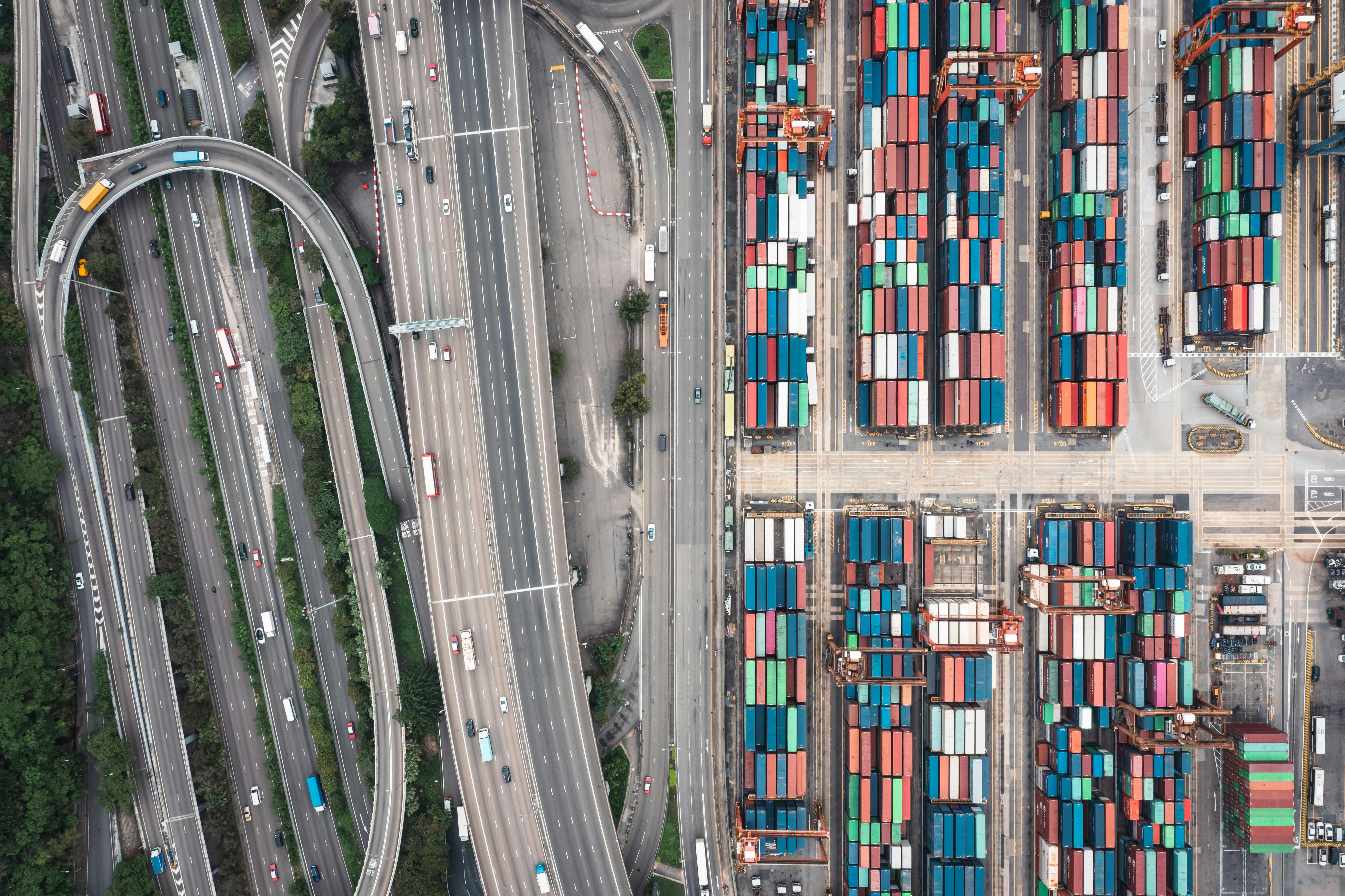
What Is Finished Vehicle Logistics? A Simple Guide for International Trade
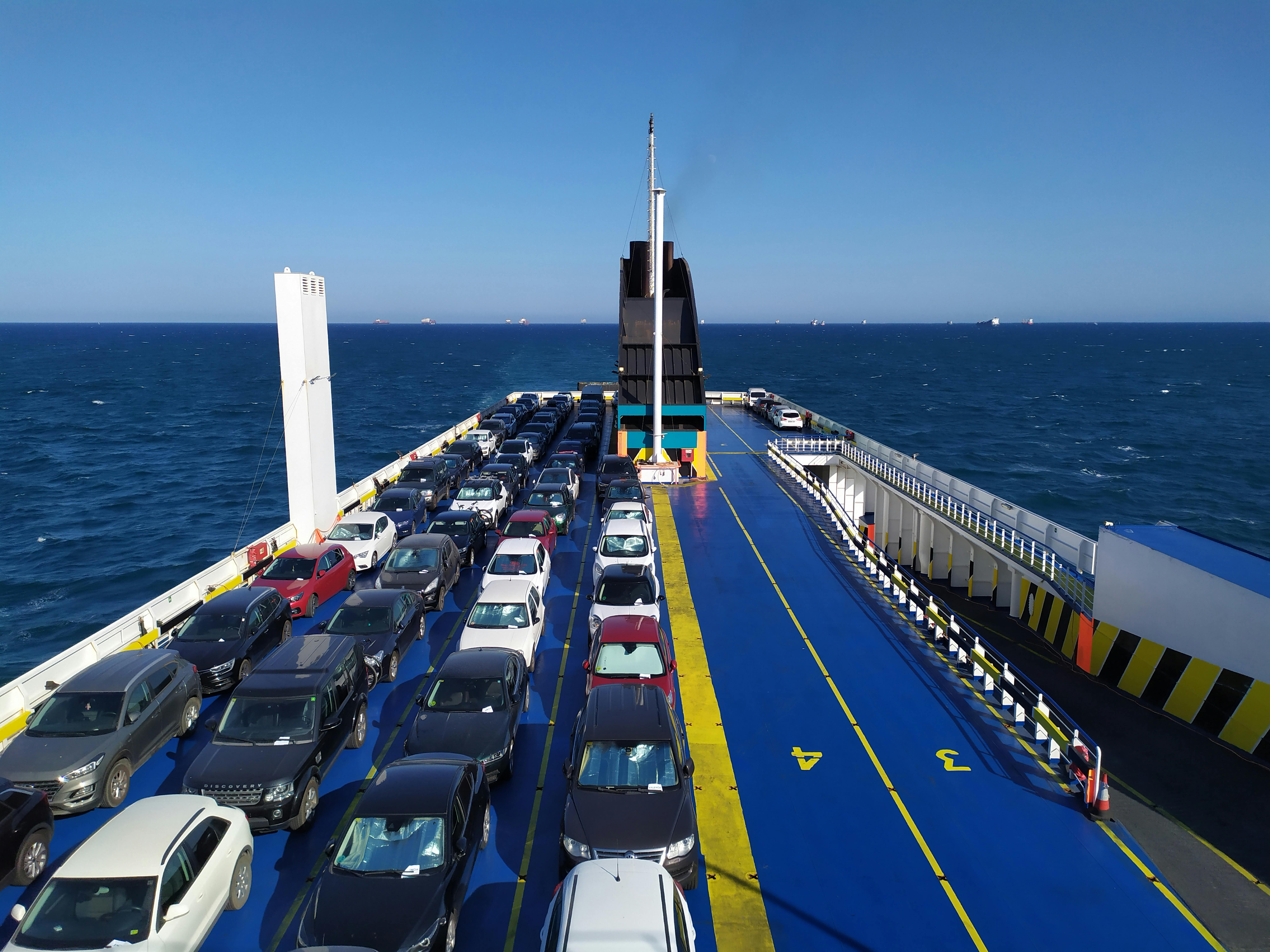
Finished Vehicle Logistics: Complete Guide for Auto Dealers
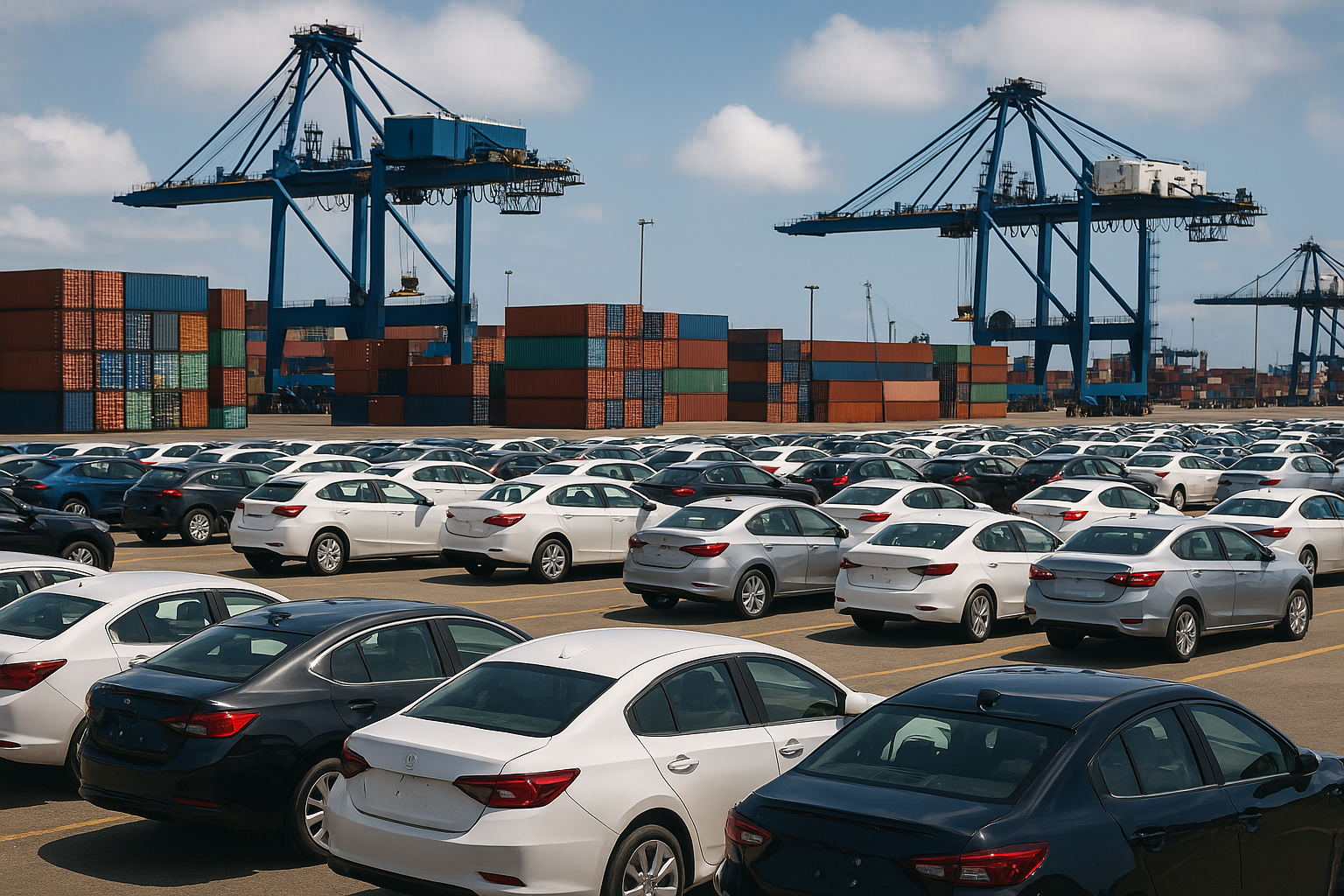
-093789-edited.png?width=220&height=79&name=wcs_final_logo_(1)-093789-edited.png)
